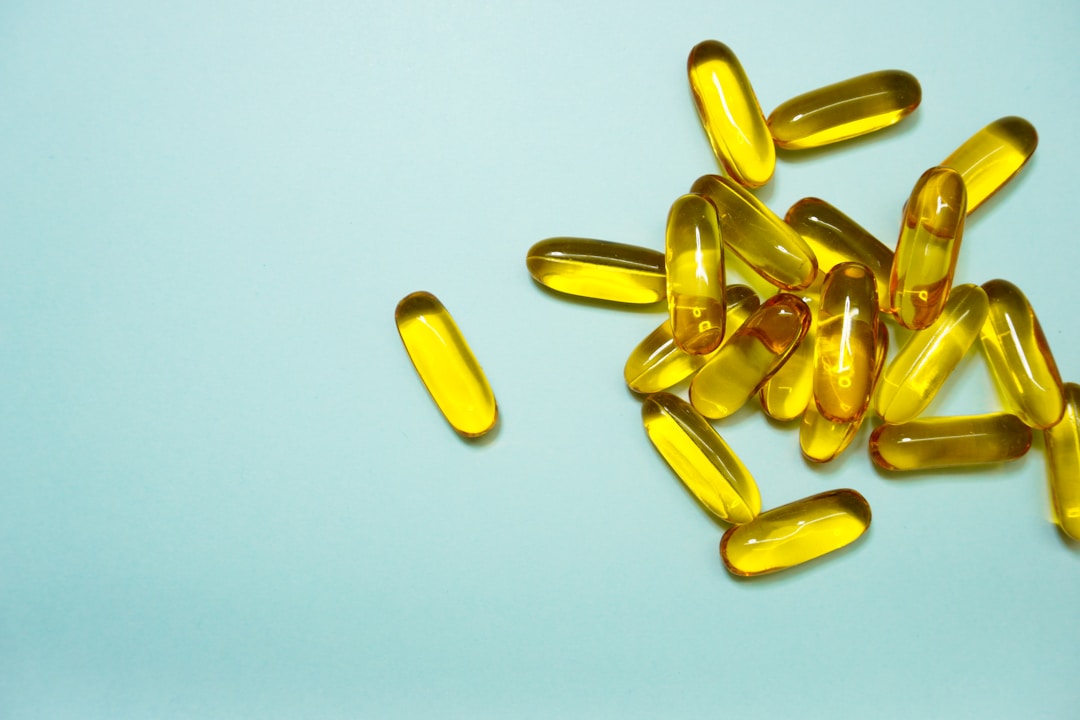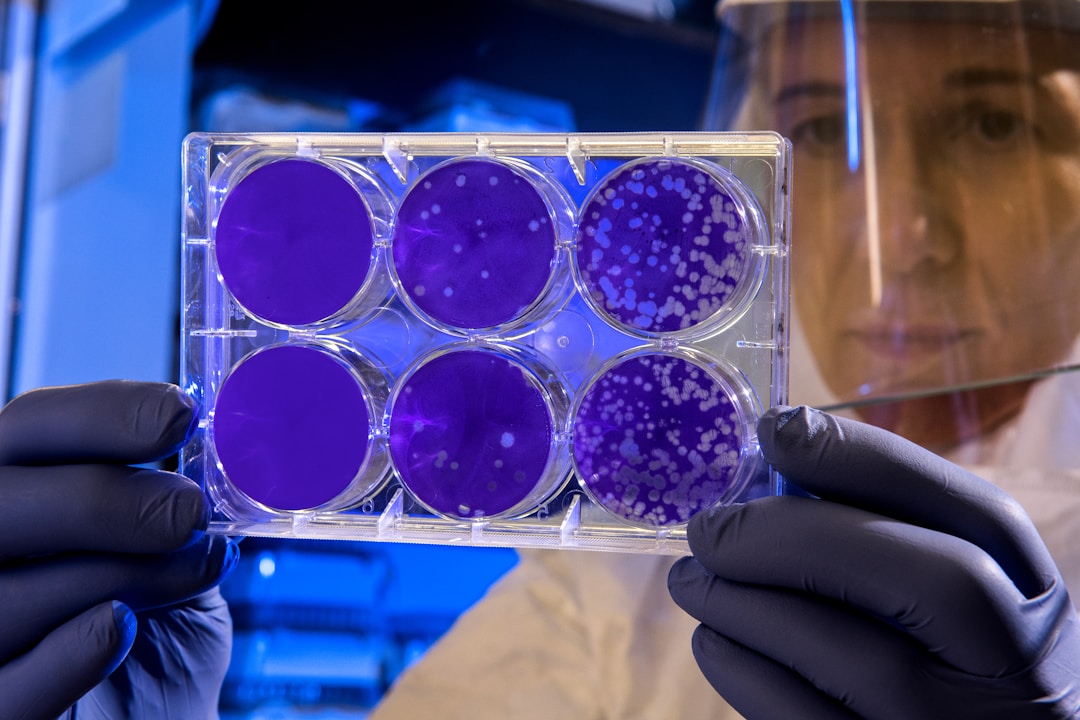Our bodies are complex organisms made up of various biochemical processes. Healthful living and longevity usually result from these internal systems working in harmony. Cellular energy production is a significant function within these systems, primarily governed by coenzymes.
A critical coenzyme is NAD, which plays a vital role in cell energy transfer. Over time, however, the levels of NAD, or nicotinamide adenine dinucleotide, in the body can dip due to aspects like aging, stress, and diseases. This decrement can lead to a range of health conditions and speed up the aging process. In this article, we will delve into the intricacies of NAD, its importance, side effects, and more.
Understanding NAD
Nicotinamide Adenine Dinucleotide is a coenzyme in every cell of our body. Coenzymes help enzymes, the proteins that speed up biological reactions, to function efficiently. NAD is essential for energy creation, as it is significantly involved in electron transfer in the metabolic process.
NAD exists in two forms: NAD+ and NADH. Both play crucial roles in metabolic reactions, although they have different functions. NAD+ accepts electrons and becomes reduced to NADH, which subsequently donates its electrons through the electron transport chain, forming ATP, the primary unit of energy in the body. In essence, the NAD+ and NADH system is a pendulum that swings to the beat of cellular processes, actively contributing to the overall energy balance of the body.
NAD also plays a functional role in gene expression related to age-associated diseases. Levels of this coenzyme decrease with age, resulting in altered gene expression and increased susceptibility to illnesses like Alzheimer’s disease, diabetes, heart disease, and others. Boosting NAD levels is a potential way to slow aging and reduce the risk of these diseases.
The Role of NAD in Cellular Energy Production
NAD is at the heart of cellular energy production. It acts as a hydrogen carrier for the enzymes that catalyze a series of reactions in cellular respiration, a process that cells employ to produce energy. Mitochondria, often called the powerhouses of the cells due to their role in energy production, rely heavily on NAD to carry out their functions effectively.
When we consume food, the body breaks it down into smaller molecules, such as sugars, and oxidizes it to generate energy. Here again, NAD is indispensable. It accepts and holds onto the electrons in the oxidization process, helping to create ATP, the body’s main energy currency. This intricate biochemical process would be unachievably effective without NAD’s active and robust participation.
Moreover, NAD also plays a crucial role in energy metabolism during exercise. During intense physical activities, the human body requires more cellular energy. This increased demand leads to a spike in the production of NAD, which facilitates more efficient energy production and utilization. Therefore, adequate levels of NAD are fundamentally linked to optimal physiological function and performance.
Effects of NAD Deficiency
NAD deficiency can lead to many health problems and exacerbate the aging process. The reduction in NAD+ levels with age is linked to changes in metabolic health, including insulin resistance, inflammation, fat accumulation, and mitochondrial function deterioration, contributing to overall aging.
Falling NAD+ levels disrupt the activity of essential proteins called sirtuins, which rely on NAD+ to control specific genetic pathways that regulate aging. Sirtuins regulate various cellular functions, including inflammation, stress resistance, and fat storage. By disrupting sirtuins’ activity, NAD+ deficiency can accelerate aging and increase the risk of age-associated diseases.
Besides aging, an NAD+ deficiency might also lead to neurological disorders such as Alzheimer’s and Parkinson’s. NAD+ is critical for keeping neurons healthy and functioning correctly, and research has suggested that boosting NAD+ levels might help delay neurodegeneration and cognitive decline.
NAD Supplementation and Its Benefits

Boosting NAD levels through supplementation may reverse signs of aging and potentially ward off age-related diseases. NAD precursors, such as nicotinamide riboside (NR) and nicotinamide mononucleotide (NMN), are commonly used for this purpose.
NAD supplementation is believed to increase energy production, enhance mood, support cognitive function, promote healthy cardiovascular function, and potentially even extend lifespan. Supplementation has shown promising results in animal studies, and ongoing human trials are testing its potential benefits in slowing aging and combating age-related diseases.
However, it’s important to understand that while NAD supplementation may have potential benefits, it isn’t a magic pill for instant wellness or longevity. Combining it with a well-balanced diet, regular exercise, adequate sleep, and other lifestyle factors that contribute to overall health and well-being is critical.
Potential Side Effects and Precautions
While NAD supplementation shows promise, knowing that too much of anything can be harmful is essential. Some people may experience side effects from NAD supplementation, including nausea, fatigue, headaches, diarrhea, stomach discomfort, and indigestion. It’s also essential to be aware that the long-term effects of NAD supplementation are not yet known because research in this area is still in the embryonic stages.
Before starting any new supplement regimen, talking with a healthcare provider is crucial. Though NAD supplements might benefit some, they may not be necessary for everyone. Diet, lifestyle, age, overall health status, and individual health goals are all key considerations before initiating NAD supplementation.
In particular, people with certain health conditions, such as liver disease, should cautiously approach NAD supplementation. Additionally, since no concrete data is available about the safety of NAD supplements during pregnancy or breastfeeding, it’s best for women in these life stages to avoid using them.
Enriching the Body Naturally with NAD

While NAD supplements can effectively boost NAD levels, they are not the only solution. Several food sources are rich in niacin or tryptophan, which the body can convert into NAD. Consuming niacin-rich foods like fish, beef, chicken, green vegetables, and whole grains can naturally increase the body’s NAD levels.
Physical activity is another way to boost NAD levels naturally. Exercise helps improve mitochondrial function and promotes NAD+ production. Therefore, a regular workout routine contributes to overall health and helps maintain optimal NAD+ levels.
Adequate sleep is also crucial. During sleep, the body undergoes several vital processes, including replenishing NAD+ levels. So, ensuring a sound sleep routine is equally important in supporting the body’s NAD+ balance.
Promising NAD Research

NAD research is a rapidly evolving field with great promise for shedding new light on human health and disease. As scientists delve deeper into how NAD affects our well-being, new treatments and interventions may be developed. The potential applications of harnessing the power of NAD span from combating the aging process to warding off chronic diseases, ultimately leading to a healthier and more vibrant future.
Although NAD research is still in its early stages, current findings have highlighted a clear correlation between optimal NAD levels and overall health and longevity. As discussed, this crucial molecule plays a significant role in various cellular processes. Understanding the intricate workings of NAD holds the key to unlocking its potential health and disease prevention benefits. Researchers can identify novel approaches to enhance NAD levels and promote overall well-being by further exploring its role in maintaining cellular health and homeostasis.
The importance of NAD in energy conservation, cellular health, and combating the aging process cannot be overstated. However, achieving and maintaining optimal NAD levels requires a balanced approach. As we delve deeper into NAD research, we must remember that it’s part of a larger picture of health and wellness. Keeping a balanced lifestyle while focusing on natural ways to enrich the body with NAD may offer potential pathways to manage health better and perhaps even tame aging itself.




















